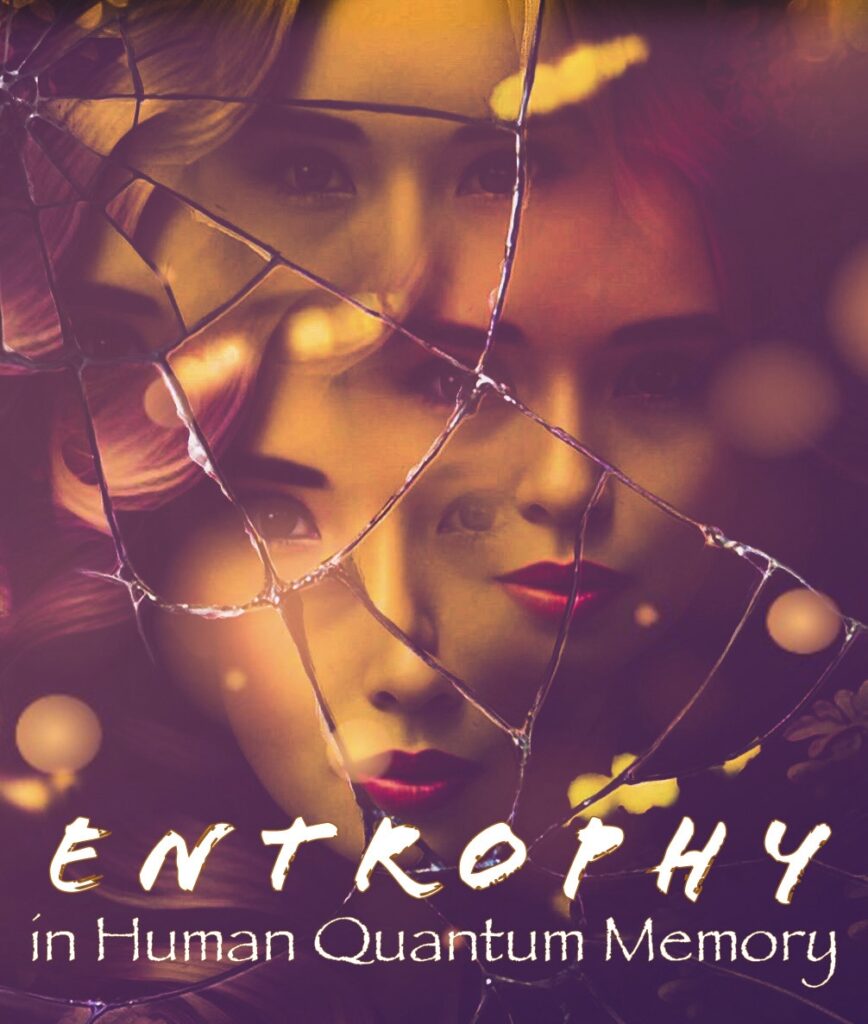
In the realm of physics, the intersection of quantum mechanics and human memory unveils a fascinating landscape governed by principles of entropy. Here, we unravel the direct and pragmatic aspects of quantum memory, providing insights into the physics that underlie the storage and retrieval of information within the human brain.
1. Quantum Superposition and Memory Encoding
– Neurons, the building blocks of the brain, leverage quantum superposition during memory encoding.
– Superposition allows quantum bits or qubits within neurons to exist in multiple states simultaneously, enhancing the complexity of memory representation.
2. Quantum Entanglement in Memory Networks
– Quantum entanglement, the phenomenon where particles become interconnected and share information, finds relevance in memory networks.
– Entangled states between neurons contribute to the synchronization of information, facilitating efficient memory recall.
3. Quantum Decoherence and Memory Stability
– Quantum coherence, crucial for maintaining stable memory states, faces the challenge of decoherence.
– External factors, such as environmental interactions, lead to decoherence, impacting the stability and fidelity of stored memories.
4. Entropy as a Measure of Memory Disorder
– Entropy serves as a quantifiable measure of disorder or randomness within the quantum system of memory.
– Higher entropy states imply greater disorder, influencing the dynamics of memory storage and retrieval.
5. Quantum Tunneling and Memory Transitions
– Quantum tunneling, a quantum phenomenon, contributes to the transitions between different memory states.
– Tunneling enables the exploration of various memory pathways, influencing the fluidity of recall processes.
6. Thermodynamics of Quantum Memory
– Thermodynamic principles, including Gibbs Free Energy, play a role in understanding the energetic aspects of quantum memory.
– The feasibility and spontaneity of quantum memory processes are evaluated through these thermodynamic considerations.
7. Quantum Consciousness and Memory Formation
– Quantum consciousness theories explore the connection between subjective experience and quantum mechanics.
– Entropy participates in shaping conscious memories within this evolving scientific frontier, adding a layer of complexity to the quantum landscape of memory.
References
1. Hameroff, S., & Penrose, R. (2014). Consciousness in the universe: A review of the ‘Orch OR’ theory. Physics of Life Reviews, 11(1), 39-78.
2. Stapp, H. P. (2007). Quantum mechanics and the role of mind in nature. Foundations of Physics, 37(6), 777-800.
3. Lloyd, S. (2000). Ultimate physical limits to computation. Nature, 406(6799), 1047-1054.
4. Zurek, W. H. (2003). Decoherence, einselection, and the quantum origins of the classical. Reviews of Modern Physics, 75(3), 715.
5. Gu, M., Kais, S., & Shapiro, M. (2012). Quantum theory of nonequilibrium processes: I. The diffusion and drift of electrons in conductors. International Journal of Quantum Chemistry, 112(14), 2939-2955.
